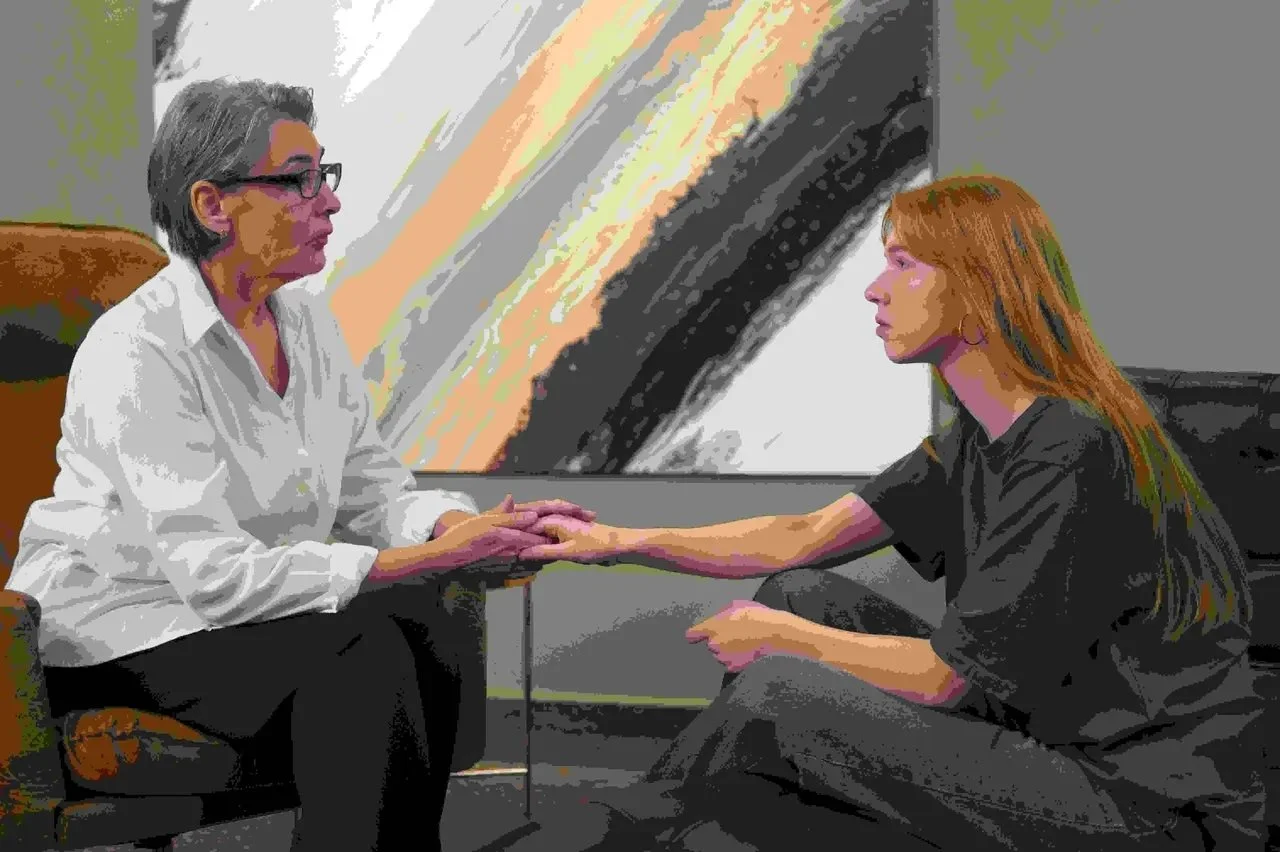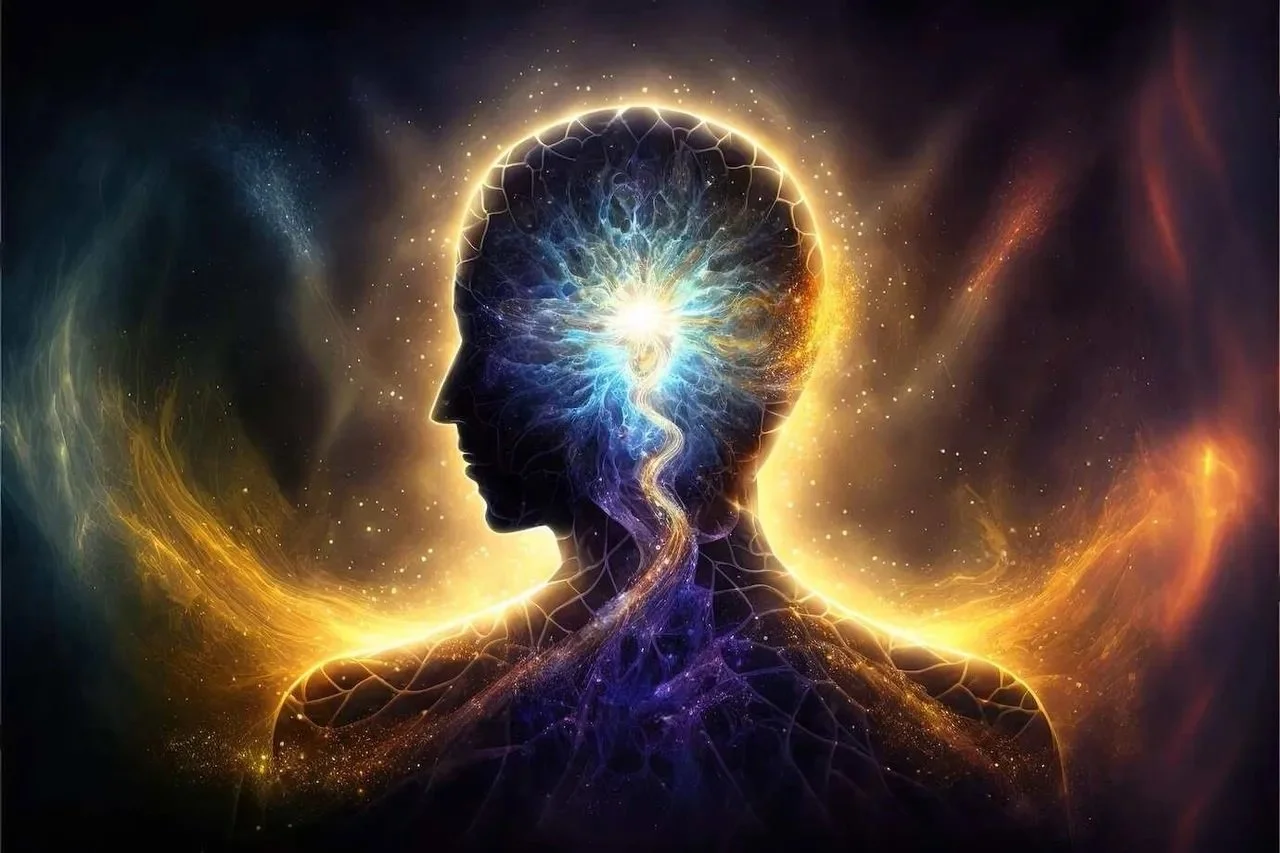What to Expect in Your First Jungian Therapy Session with Dr Bren ?
Summary: Jungian therapy encounters the unconscious mind through archetypes, dreams, and symbols. One's history is studied, and a trusting relationship is formed as the foundation for the more in-depth work. It promotes self-awareness, healing, and growth through dream interpretation or art therapy. Dr. Bren Hudson's integrative approach nurtures transformation and purpose within his clients.
Jungian therapy, founded on the psychological theories of Carl Jung, offers a profound approach to self-discovery, healing, and personal transformation. Unlike traditional talk therapy, it delves into the unconscious, exploring symbols, Jungian archetypes, and the deeper layers of the psyche to facilitate growth and healing.
Jungian therapy shares similarities with life coaching by guiding individuals through their inner world to uncover hidden potentials, overcome obstacles, and achieve personal fulfillment. Both practices encourage self-awareness, resilience, and purpose-driven living, making Jungian therapy a powerful tool for those seeking psychological healing and personal development.
It's important to note that engaging with unconscious material can sometimes be challenging. Clients may experience discomfort or resistance, especially when confronting repressed aspects of themselves. This is a natural and desired part of the therapeutic process and an essential step toward personal transformation.
Ready to explore Jungian therapy? Work with Dr. Bren Hudson for a holistic, integrative approach to personal transformation.
Understanding Jungian Therapy
What is Jungian Therapy, and What Are Its Core Principles?
Jungian therapy is a depth-oriented approach that helps individuals connect with their unconscious mind, interpret dreams, and uncover personal archetypes. It is based on several core principles:
The Collective Unconscious – The shared reservoir of human experiences and symbols.
Individuation – The process of integrating the conscious and unconscious parts of the psyche to achieve wholeness.
Jungian Archetypes – Universal patterns or themes that shape human experiences, such as the Hero, the Shadow, and the Wise Old Man.
The Shadow – The repressed or hidden aspects of oneself that, when integrated, lead to self-acceptance and empowerment.
Another key concept in Jungian therapy is "synchronicity"—meaningful coincidences that reflect inner psychological processes. Jungian therapists often help clients recognize these moments as signals from the unconscious, guiding them toward deeper understanding and personal growth. Similarly, in IFS Therapy, meaningful inner experiences are explored as valuable messages from different parts of the self, helping clients integrate these insights for healing and transformation.
Common Techniques in Jungian Therapy
Jungian therapy employs various techniques to help individuals uncover unconscious material and gain self-awareness:
1. Art Therapy
Art is a powerful medium for expressing unconscious thoughts and emotions. Clients use drawing, painting, or sculpting to externalize their inner world and uncover insights.
2. Dream Analysis
Dreams are seen as messages from the unconscious. Jungian therapists help clients interpret dream symbols and understand their deeper meaning.
3. Active Imagination
This technique involves engaging with unconscious material through visualization and dialogue with inner figures or symbols.
4. Free Association
A method used to reveal unconscious patterns and personal complexes by responding to words with immediate associations.
Curious about deeper self-exploration? Read A Journey into Jungian Shadow Work to learn more.
What to Expect During Your First Session of Therapy
Before your session, consider reflecting on recent dreams, significant life patterns, or unresolved emotional experiences. Bringing specific questions or topics to your mind can also help make the session more productive. A journal with notes on recurring thoughts or symbolic imagery can be valuable in Jungian work.
Your first Jungian therapy session is foundational to your personal growth journey. Here's what to expect:
Initial Discussions
Your therapist will ask about your history, struggles, and personal goals. This is a time to openly and honestly share what brings you to therapy.
Therapist's Approach
The therapist will introduce Jungian concepts, explain their methods, and outline a tailored approach to suit your needs.
A strong therapeutic relationship is essential in Jungian therapy. The bond between therapist and client provides a safe space for deep psychological work, allowing for greater trust and openness in exploring unconscious material. This connection supports individuation by facilitating self-awareness, healing, and transformation. Similarly, in Couples Counseling, the therapeutic alliance creates a supportive environment where both partners can explore unconscious dynamics, fostering mutual understanding, growth, and deeper connection.
Frequency and Length of Sessions
Sessions typically last 50-60 minutes.
The frequency varies but is often weekly or bi-weekly.
Treatment duration depends on the individual's needs, ranging from a few months to several years.
Structure of a Jungian Therapy Session
Check-in: Reviewing thoughts, feelings, and recent experiences.
Therapeutic Work: Discussing dreams, exploring unconscious patterns, or engaging in creative exercises.
Reflection: Gaining insights and setting intentions for personal growth.
How Jungian Therapy Addresses Psychological Issues
Jungian therapy helps individuals struggling with:
Personal Conflicts – Resolving inner tensions and aligning with one's true self.
Self-Awareness – Discovering unconscious influences on thoughts and behaviors.
Trauma and Healing – Addressing past wounds through integration and self-acceptance.
Anxiety and Depression – Understanding emotional distress from an depth psychology perspective.
Wondering when to seek help? If you’ve ever asked yourself “when should someone talk to a mental health professional about unwelcome thoughts or emotions?” read When to Talk to a Mental Health Counselor About Unwelcome Thoughts.
Key Benefits of Jungian Therapy
Jungian therapy provides profound benefits, including:
Emotional Growth: Greater self-awareness and emotional resilience.
Cognitive Clarity: Understanding personal patterns and decision-making.
Spiritual Insight: A deeper connection to one's purpose and meaning in life.
Learn the Effectiveness of Jungian Therapy with Dr. Bren
Jungian therapy is highly effective in fostering long-term transformation. Dr. Bren Hudson integrates Jungian principles with Psychosynthesis, guiding clients toward self-discovery and emotional well-being. Her approach focuses on:
Identifying hidden beliefs affecting personal growth.
Healing past traumas through depth psychology and spiritual insight.
Fostering lasting transformation by integrating unconscious material into conscious awareness.
Conclusion
Jungian therapy is a transformative journey that fosters deep self-awareness, emotional resilience, and personal growth. By exploring the unconscious through dream analysis, art therapy, and symbolic interpretation, individuals can uncover hidden aspects of themselves and achieve a greater sense of wholeness.
Jungian therapy isn't just about understanding the unconscious—it's also about applying insights in everyday life. Clients often find that self-awareness gained in therapy helps them make better decisions, improve relationships, and confidently guide life's challenges.
Dr. Bren Hudson's holistic and integrative approach to Jungian therapy empowers clients to navigate life's challenges confidently and purposefully. If you're ready to welcome on a profound journey of self-discovery and healing, book a session with Dr. Bren Hudson today and take the first step toward a more fulfilled and authentic life.
Ready to transform your life? Book a session with Dr. Bren Hudson today!
About the Author, Dr Bren:
Dr. Bren Hudson is a holistic psychotherapist, life coach, and couples counselor specializing in Jungian depth psychology and spiritual transformation. With a PhD in Depth Psychology from Pacifica Graduate Institute, she integrates Jungian analysis, Psychosynthesis, and somatic practices to help clients uncover unconscious patterns, heal trauma, and foster authentic self-expression. Her extensive training includes certifications in Internal Family Systems (IFS), Emotionally Focused Therapy (EFT), HeartMath, Reiki, and the Enneagram, as well as studies in archetypal astrology and the Gene Keys. Formerly a corporate consultant, Dr. Bren now offers online sessions to individuals and couples worldwide, guiding them through personalized journeys of healing and self-discovery.
Connect with Dr. Bren:
FAQ's
1. What is the primary focus of Jungian therapy?
Jungian therapy focuses on self-discovery, integrating unconscious material, and achieving individuation, the process of becoming one's true self.
2. How do techniques like art and dream analysis help in Jungian therapy?
Art therapy and dream analysis allow individuals to access their unconscious, revealing insights contributing to personal healing and transformation.
3. What psychological issues can Jungian therapy help address?
Jungian therapy is effective for anxiety, depression, trauma, self-doubt, and personal conflicts by uncovering unconscious influences on behavior.
4. How long does it typically take to see results from Jungian therapy?
Results vary, but many clients experience insights and emotional shifts within a few months. Long-term transformation may take years, depending on the depth of the work.
5. How is a typical Jungian therapy session structured?
A session includes check-in, therapeutic discussion (dream analysis, active imagination, or symbolic exploration), and reflection for integrating insights.
Need Help? Contact Dr Bren
Animate your Soul for Life!
Send me a message right now to get started on your soulful journey. Together, we will create a coaching plan that is unique and perfect for you.
DR BREN | Buddhist and Jungian Psychology
207 Wendover Ln, Durham, NC 27713, United States
Mobile +1 919-407-0999 Email Bren@drbren.com




